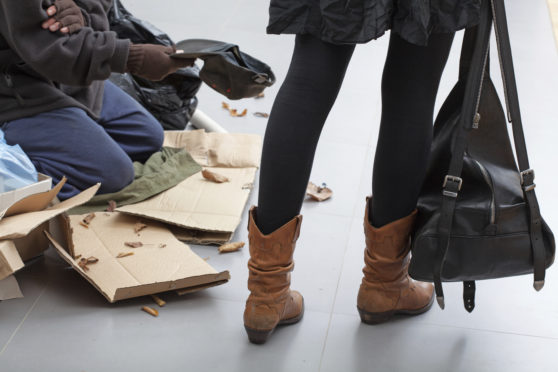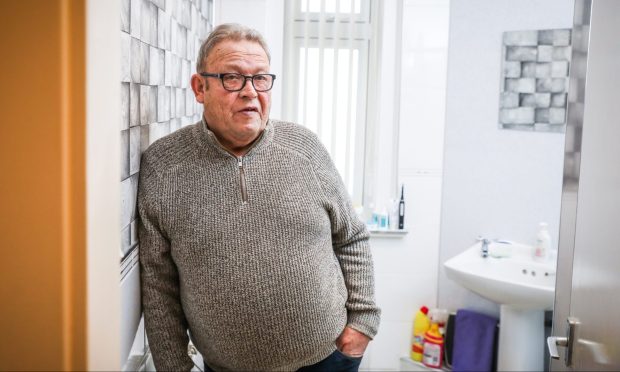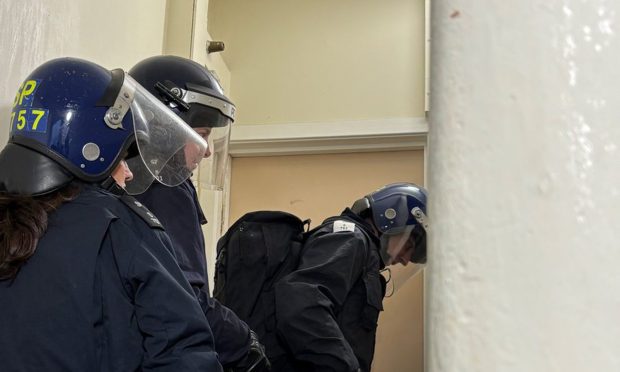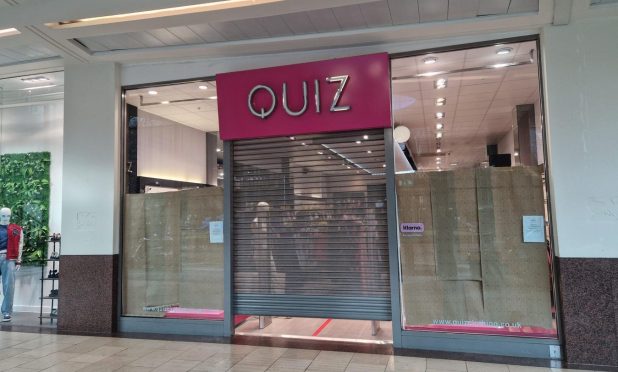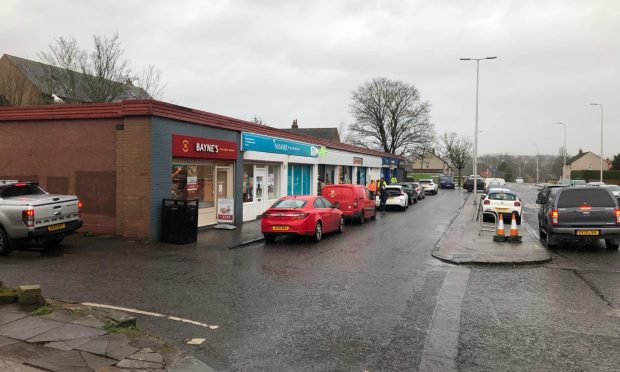A rising number of council tenants are being evicted in Dundee, prompting concern from a homelessness charity.
The number being removed from properties in the city has risen from 41 in 2017/18 to 51 in 2018/19.
All the evictions were due to either anti-social behaviour or a failure to pay rent.
It comes as applications to the council for help with homelessness rise.
The council says eviction is not something that is “taken lightly” and is “very much” a last resort.
Gordon MacRae head of communications and policy for Shelter Scotland said making people homeless is adding to a national crisis.
He said: “Scotland is in the grip of a housing emergency with almost 35,000 families making homelessness applications in the last full year.
“Homelessness causes lasting harm to the lives it touches and that is why it is vital that eviction is only used as a last resort.
“While these figures are still relatively low, the rise in the past year is concerning and Dundee City Council must make sure it is using all possible alternatives before forcing people out of their homes.”
In the last eight years (from April 2010 to March 2019) 496 households have been evicted.
Recent statistics from the Scottish Government reveal 737 applications were made for help with homelessness in Dundee from April to September last year, up from 686 in the same period in 2017. 75 of the applicants had children.
A Dundee City Council spokesperson said: “Evicting a tenant is not a decision that is taken lightly as Dundee City Council works hard to help its tenants sustain their tenancies.
“If a tenant is experiencing financial difficulties the council will try to assist them with, whether it is helping them to maximise the financial assistance they could be entitled to or short term discretionary payments of housing benefit.
“However, if a tenant does not engage with the council then that process becomes harder.
“If our tenants are struggling in any way, then it is vital that the appropriate help can be deployed as early as possible in the process. Eviction is very much a last resort.”
